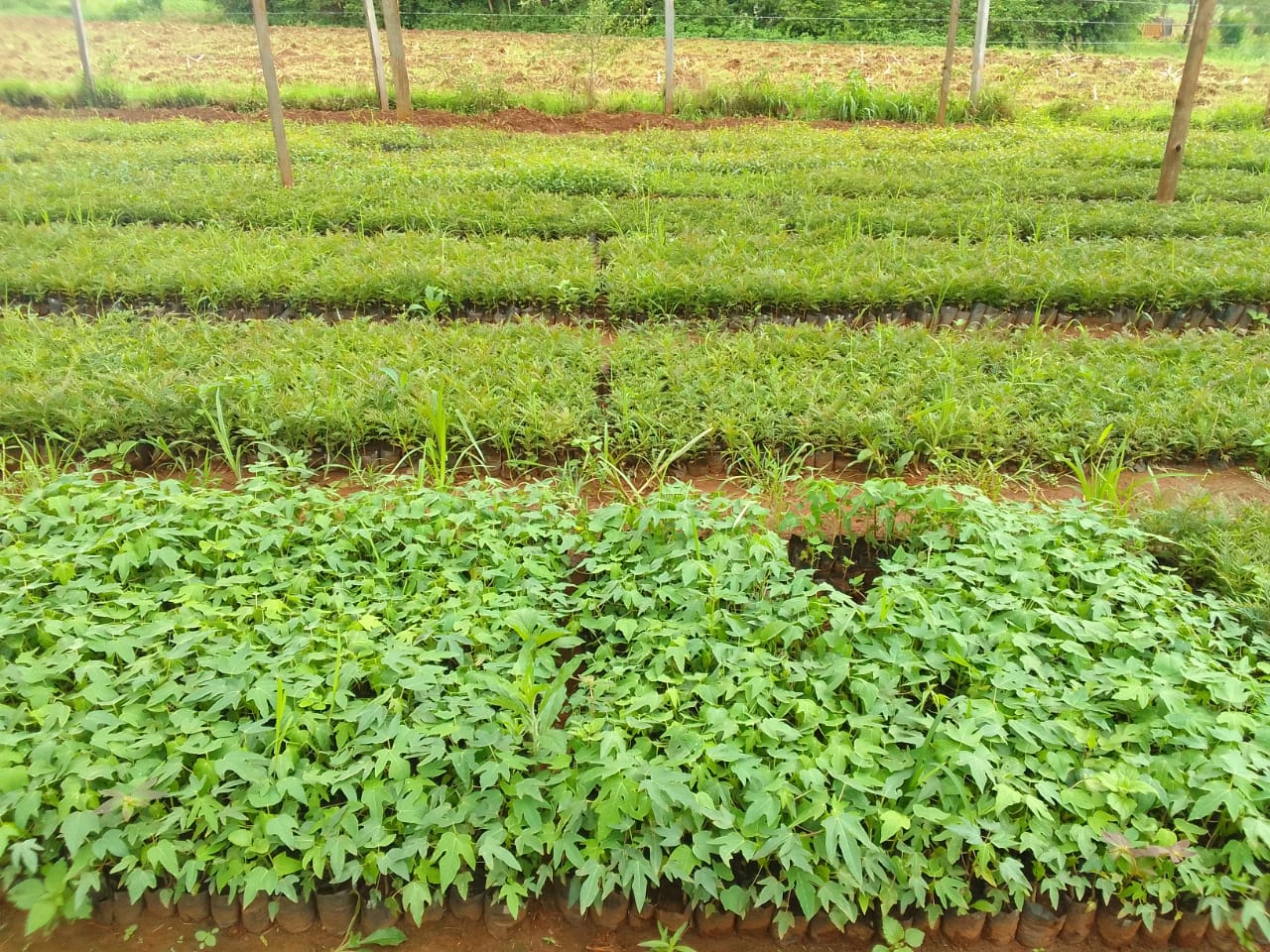Course Description: General Agriculture
The General Agriculture course provides a broad and foundational understanding of agricultural science, practices, and principles. It is designed to introduce students to the various aspects of agriculture, including crop production, livestock management, soil science, agribusiness, and sustainable farming techniques. The course emphasizes the role of agriculture in global food security, economic development, and environmental sustainability.
Key Topics Covered
1. Introduction to Agriculture
Definition, history, and importance of agriculture.
Role of agriculture in national and global economies.
2. Crop Science
Principles of crop production and management.
Major crops and their growth requirements.
Pest and disease control methods.
3. Animal Husbandry
Basics of livestock and poultry management.
Breeding, feeding, and health care practices.
Role of livestock in agricultural systems.
4. Soil Science and Fertility Management
Soil types, properties, and classification.
Soil fertility and nutrient management.
Erosion control and soil conservation practices.
5. Agricultural Economics and Agribusiness
Principles of agricultural economics.
Marketing and value addition of agricultural products.
Farm management and financial planning.
6. Sustainable Agriculture
Organic farming practices.
Climate-smart agriculture.
Conservation and sustainable use of natural resources.
7. Agricultural Technology and Mechanization
Use of machinery and tools in farming.
Role of modern technologies like precision farming.
8. Agriculture and Society
Impact of agriculture on rural development.
Food security and global agricultural challenges.
Policies and institutions supporting agriculture.
Learning Outcomes
By the end of this course, students will:
Understand the basic concepts and practices of crop and livestock management.
Analyze the role of agriculture in economic and social development.
Apply knowledge of soil and water management to improve agricultural productivity.
Recognize the importance of sustainability in modern agriculture.
Demonstrate basic skills in farm management and agribusiness.
This course is ideal for students seeking foundational knowledge in agriculture, with potential career paths in farming, agricultural consultancy, research, and rural development.
- Teacher: Admin User
